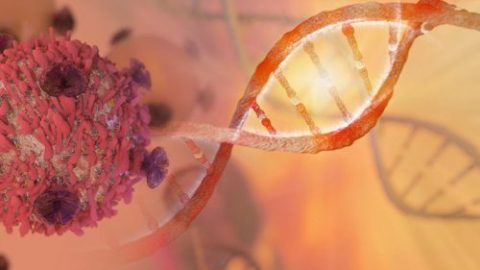How CEOs respond to a cancer diagnosis
In a recent contribution entitled This Doctor Believes Entrepreneurs Manage a Cancer Diagnosis Better Than Most I responded with the following. It is the substance of a much larger discussion we should have. “I have a diagnosis of cancer.” Now what?
Cancer Risk Benefit Management
All CEOs make decisions based on only 75% of the evidence. You never have 100% of the evidence. What you have stated here is that CEOs become active and not passive participants. The greatest danger of all cancer therapies is the infantilization of the patient. “Just follow instructions.” “Don’t ask too many questions.” All cancer therapies are algorithm and guideline driven.
In more than 12 years as a cancer surgeon, I have noticed that what defines these patients is their ability to compartmentalize and marshal resources forward.
They quickly clear their heads, get the facts and make decisions.
Ask questions. Never assume. Consider risk-benefit ratios of all therapies. Seek out integrative sources of cancer information. All statistical probabilities are population-based. And, therefore, frequently misleading. You are an individual with your own set of probabilities. No physician should ever tell you you have x number of months to live.
I know something of which I speak. I have lost 2 dear siblings to cancer in the last 2 years. So this becomes a personal note. Take charge. Move into the driver seat. The referenced article is highly revealing. All these CEOs make their cancer decisions dispassionately. As if it were another person or a relative they were advising. Pick a point far in the future. Visualize it as your goal. “I want to see my grandson or my granddaughter graduate from college.”
Tell me what you think.
